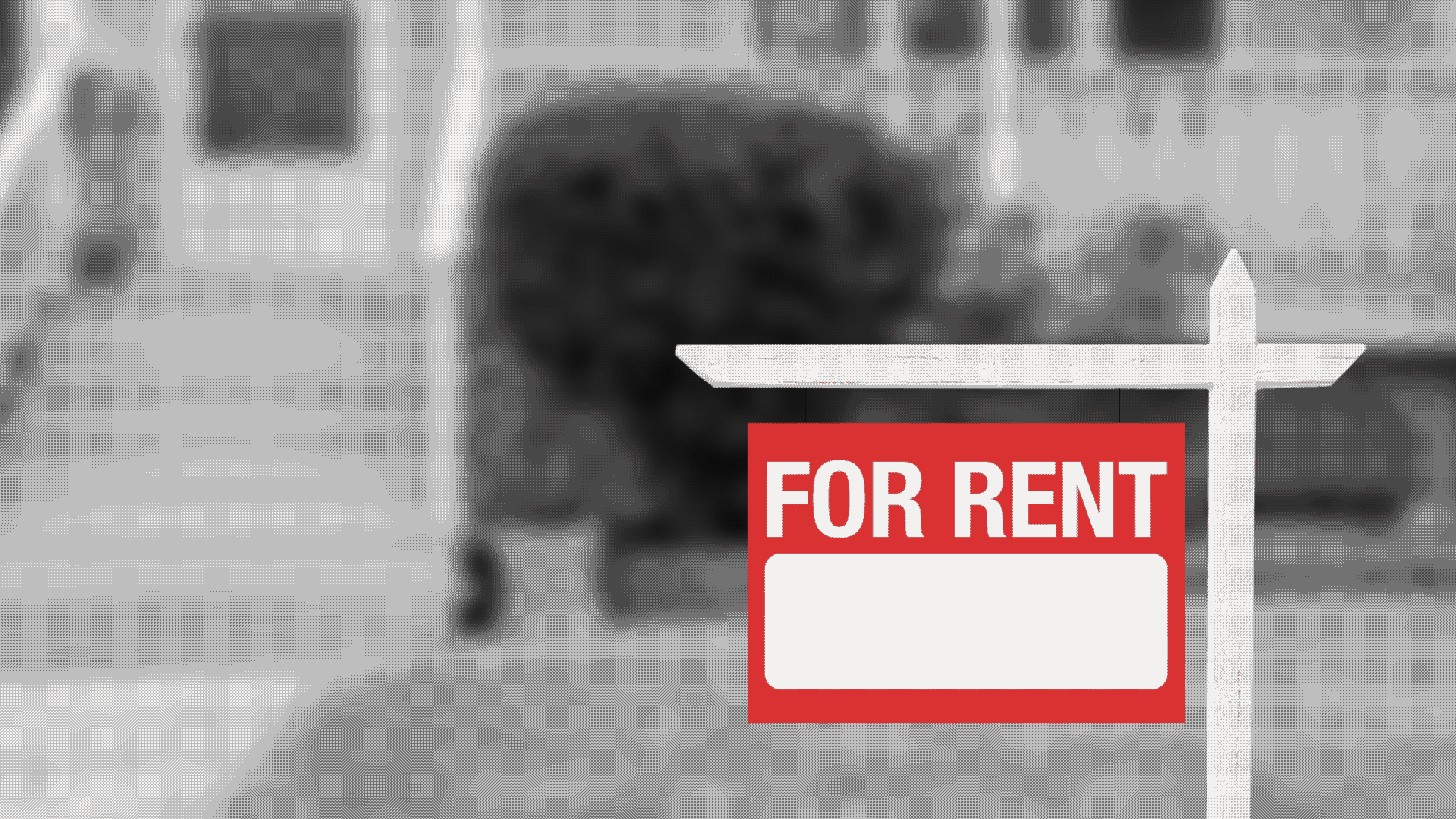The roots of the rental economy
Add Axios as your preferred source to
see more of our stories on Google.

While American households don't have a lot of liquid savings, the capital markets are positively sloshing with liquidity. They're a key source of funds for companies like Opendoor and Zillow, which are building enormous businesses buying houses for cash at algorithmically generated prices.
What they’re not saying: While these companies are happy to talk about how easy they make selling a house, they talk less about the people who buy those houses. That's because, a very large part of the time, the homes never end up in the hands of individuals. Instead, they end up in massive rental portfolios.
- That makes economic sense. Companies with excess liquidity are buying housing stock as long-term investments; they rent them out to relatively illiquid families who prefer to rent than buy. It's a good trade on both sides.
Why rent? Job security is a large part of the story. Median employee tenure is less than 5 years for anybody under the age of 45, and the expectation of how long you're going to stay with your current employer is probably even lower. Which is to say, your house is going to last longer than your job is, and no one likes being saddled with a mortgage when they lose their job.
- Wages are also increasingly volatile. Income goes down as well as up, which makes it extremely difficult to know in advance how much of a mortgage payment you're going to be able to afford over the next decade or more.
The bottom line: Homeownership reduces optionality. We all know people who bought a home and then regretted it. As Americans delay homeownership, they're more aware of the possible downsides, more attuned to the idea that their home could turn out to be more of a liability than an asset. If the financial crisis taught us anything, it taught us that.
Go deeper: Why the downward trend in homeownership rates won't reverse itself
